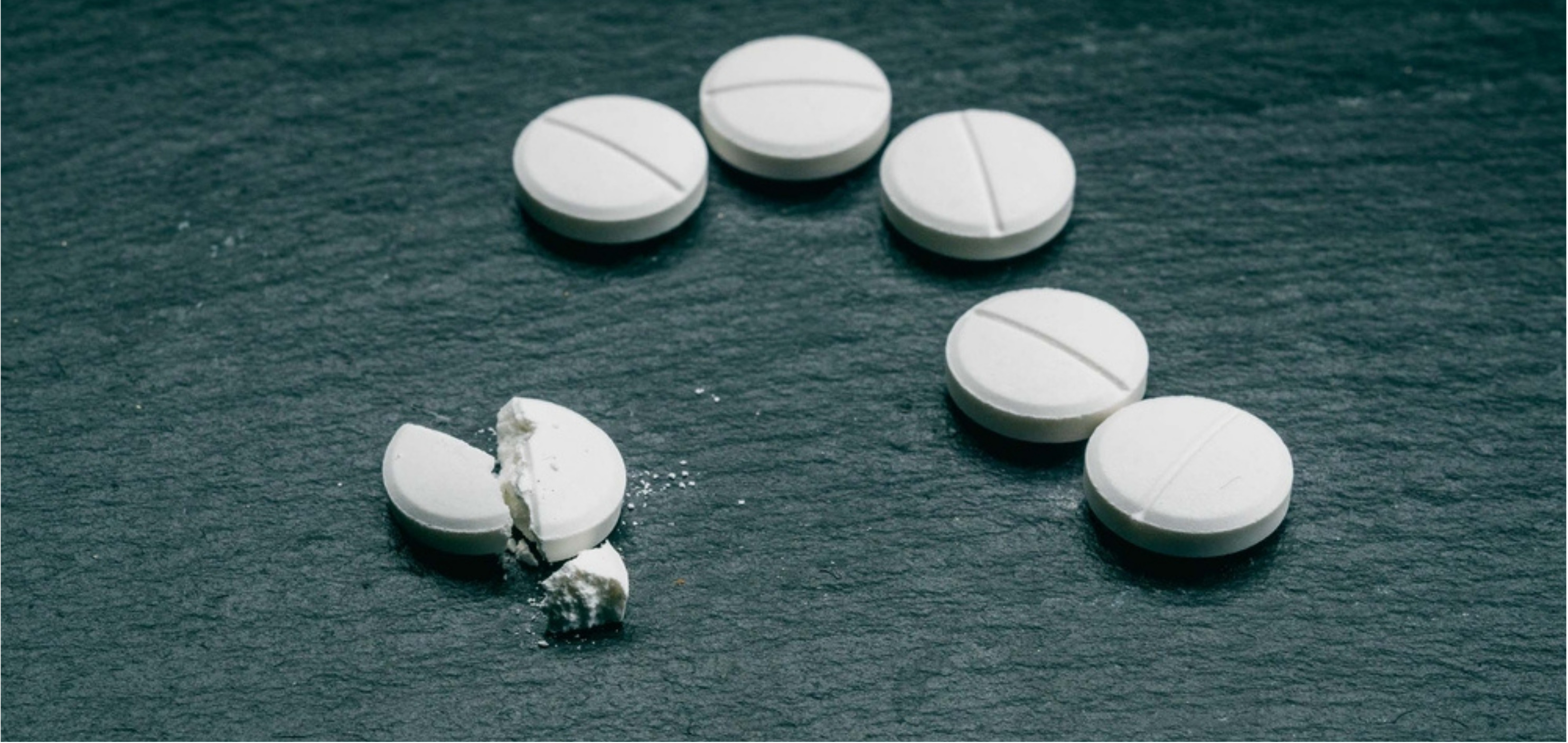
Written by:

Medically Reviewed by:
Last Updated:
February 17th, 2025
Stimulant Addiction
What is stimulant rehab?
Stimulant rehab is a specialised, supportive programme designed to help individuals find freedom from their dependence on stimulants. At Liberty House, our approach to rehab provides a caring environment, combining medical and therapeutic support to guide you safely through withdrawal and recovery.
Our goal is to help you find healthier ways to manage life’s pressures, with a focus on restoring your well-being and equipping you with lasting coping skills.
Does stimulant addiction require rehab?
For many, stimulant addiction becomes a difficult battle to fight alone. Stimulants work on the brain’s reward system, meaning that even if you start with controlled or casual use, it can be very easy to find yourself relying on them to get through the day.
Liberty House is here to provide compassionate care for those facing addiction to different types of stimulants:
Ritalin rehab
Often prescribed for ADHD, Ritalin helps improve focus and concentration. Its stimulating effects, however, can lead to misuse and dependence. Rehab for Ritalin focuses on overcoming both physical and emotional dependency, guiding you toward a balanced, stimulant-free life.
Adderall rehab
Adderall is another stimulant commonly prescribed for ADHD or narcolepsy. Its effects on alertness and energy make it prone to misuse, leading to addiction. Adderall rehab addresses withdrawal and helps you rebuild a healthy daily rhythm without relying on stimulants.
Focalin rehab
Focalin, also used to treat ADHD, can affect dopamine levels in the brain, which can lead to psychological dependence. Rehab helps you safely withdraw and provides support for emotional challenges that may have contributed to its misuse.
Is stimulant rehab necessary for me?
Determining whether stimulant rehab is right for you can feel overwhelming. Perhaps you initially used stimulants as a concentration booster during busy work or school periods but now find yourself in a place where it’s difficult to function without them.
When something once helpful turns into something you rely on just to feel “normal,” it may be time to consider getting help.
Below are five questions to help you assess whether stimulant rehab might be beneficial. Answering “yes” to any of these may indicate the need for supportive treatment to help you regain control.
- Do you struggle to go through daily activities without using stimulants?
- Have you increased your dose or frequency over time to maintain the effects?
- Do you feel anxious, fatigued or low without stimulants in your system?
- Have you tried to quit but found yourself returning to stimulants?
- Are you experiencing negative health effects related to stimulant use?
How our stimulants rehab programme is structured
If you’re apprehensive about starting our stimulants rehab programme, you’re not alone. Many people feel uncertain about what stimulant rehab entails, sometimes fearing it’s like a prison or punishment. However, stimulant rehab at Liberty House is focused on your well-being, not on judgement or restrictions.
Here’s what to expect at each stage.
Initial assessment
Our programme begins with an initial assessment, during which we take the time to understand your health, your history with stimulants, and any other areas where you need support. This assessment is about learning what works best for you. From here, we create a personalised treatment plan to ensure that each step of your recovery is supported and safe.
Detox
Detoxification is the process of allowing your body to adjust to being without stimulants. This stage can come with withdrawal symptoms, such as irritability, exhaustion or low mood. Our medical team is available 24/7 to provide compassionate support, helping you manage symptoms and making the process as comfortable as possible.
Therapy
Therapy is the heart of stimulant rehab, providing insight and helping you develop tools for a stimulant-free life. Through therapy, you’ll explore the reasons behind your dependency and build new strategies for managing stress, anxiety or other underlying issues. Both individual and group sessions are available, providing a balanced approach to addressing personal experiences and shared challenges.
Aftercare
Recovery doesn’t end after rehab, which is why aftercare is a fundamental part of our programme. We provide ongoing support to help you transition back into your daily life, equipping you with resources and contacts to continue making progress. With our aftercare plan, you’ll have a safety net to keep you on track long after leaving Liberty House.
A closer look at why therapy is the cornerstone of stimulant rehab
Therapy is an essential part of recovery at Liberty House, addressing the deep connections between the body and mind. Overcoming stimulant addiction isn’t only about stopping drug use; it’s about healing the patterns that led to dependency in the first place. Therapy helps you do just that, providing a safe space to explore and rebuild your relationship with yourself.
Below are some of the therapies we offer and how each one supports recovery from stimulant addiction.
Cognitive behavioural therapy (CBT)
CBT is a type of therapy that works to change negative thought patterns and behaviours. For stimulant addiction, CBT helps you identify triggers, understand the reasons behind your reliance on stimulants and build healthier coping strategies.
It’s especially effective for addressing co-occurring issues, such as anxiety or body image concerns, which may contribute to stimulant use.
Dialectical behaviour therapy (DBT)
DBT focuses on managing intense emotions, improving relationships and building resilience. This therapy is especially useful for individuals who may use stimulants to cope with difficult feelings.
Through DBT, you’ll learn tools for emotional regulation, helping you face challenging situations without relying on stimulants for relief.
Group therapy
In group therapy, you’ll find a sense of community and shared experience. Connecting with others on similar journeys can provide strength and reduce feelings of isolation. The group setting allows for mutual support and encouragement, making the path to recovery less daunting and providing valuable perspectives on the journey to a stimulant-free life.
Holistic therapies
Holistic therapies nurture the whole person, addressing both mental and physical well-being.
Art therapy, for example, provides a creative outlet, helping you express and process emotions in a new way. We also engage in yoga and meditation to promote relaxation, mindfulness and inner strength, all of which are beneficial for long-term recovery.
These therapies are designed to help you reconnect with yourself, offering calm and balance as you move forward in your recovery journey.
Reach out to Liberty House for stimulant addiction support
If stimulant addiction has impacted your life, Liberty House is here to help you find a way forward. Taking that first step can feel daunting, but with our supportive team and caring approach, you’ll never have to go through this alone. Reach out today to learn how we can guide you through recovery and support you in building a healthier, happier future.






